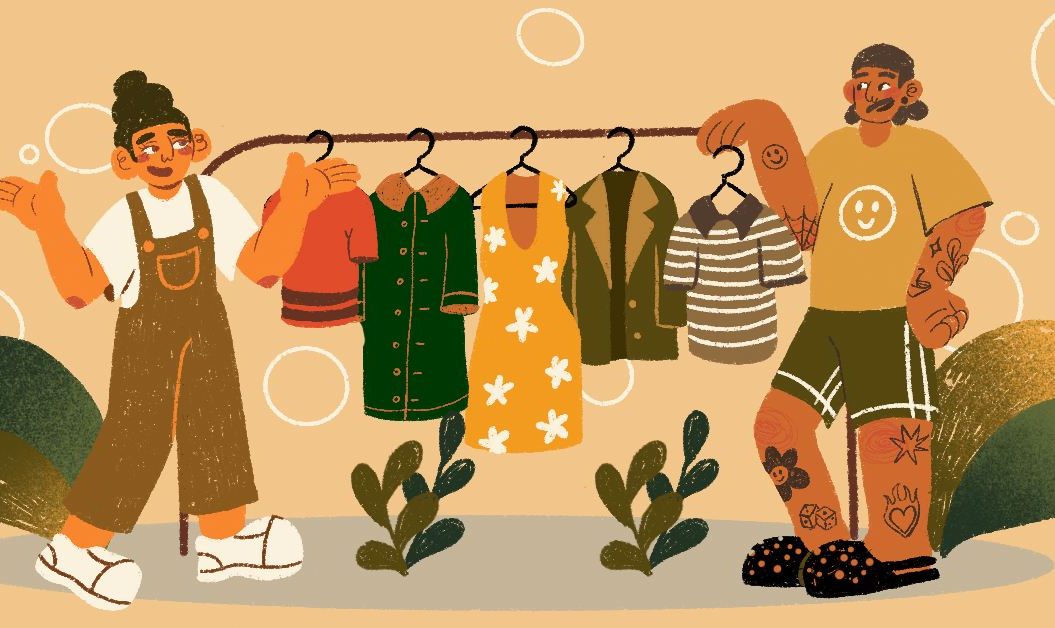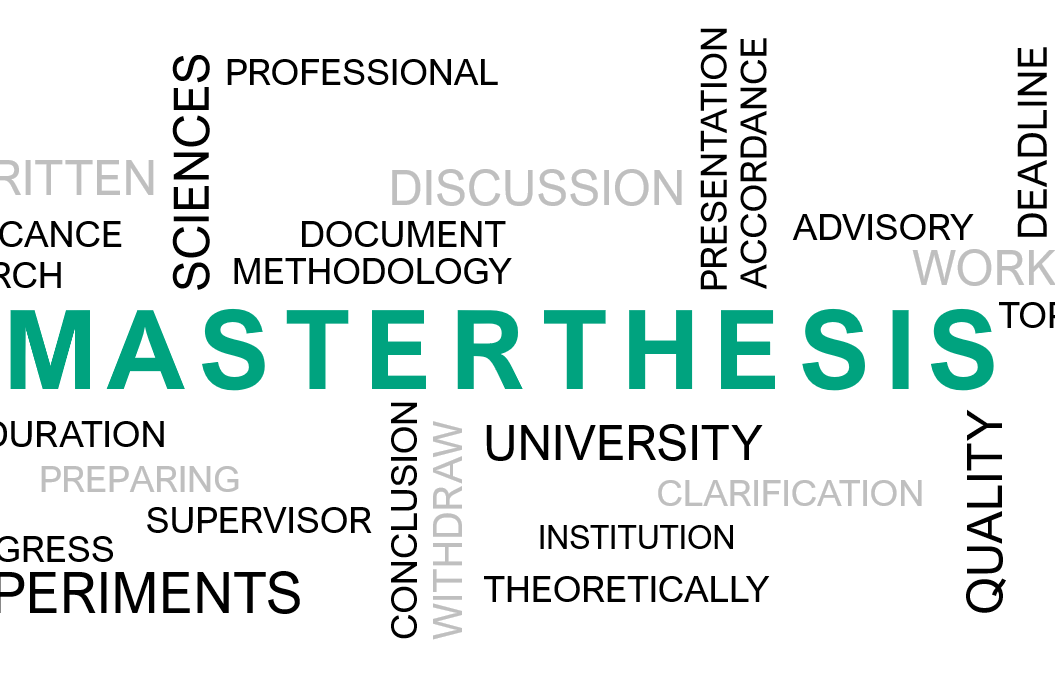I joined Lincoln Medical School in 2019 as a post graduate. Holding a Biochemistry degree, and now studying medicine, I am passionate about all things health and science. I also love the outdoors, am a massive foodie and coffee drinker,…

Tips to lower your environmental impact, as students!
February 22, 2021,
read.
This article is more than 3 years old
Being 100% eco conscious is a privilege. It’s also close to impossible. The eco-option is often more expensive, and as students it isn’t always easy. You’ll probably be aware of some more obvious ways to lower your impact (driving less, recycle more etc) but they might not all be as applicable to students…
Here are a few easy ways to lower your environmental impact:
1) Think
It may seem obvious, but the more we consume, the more energy and resources we are using. It’s always good to think about what we are buying, where it’s come from and most importantly, do we need it?
2) Eat consciously
A third of all food is wasted. One of the easiest, most cost-effective ways of achieving this is simply buying what you need. You will spend less and prevent food waste.
I’m not vegetarian, but I do think I eat consciously. Overconsumption of red meat is often in the news due to its health risks, and its environmental impact, however I think it’s possible to enjoy meat in moderation, whilst limiting it’s effects on the planet.

My new year’s resolution a few years back was to only buy meat from butcher’s becoming “butchertarian”. I reduced my food budget, ate less meat and increased the diversity of my diet (great for my gut health) by learning new (vegetarian!) recipes. The idea of mass-produced meat doesn’t sit well with me. I see meat as a treat that isn’t needed for every meal. Animals we eat should be treated well, so I buy quality locally sourced meat. It might be slightly more expensive but buying meat less often means I save in the long run. You are probably aware of MSC certified fish – look for the blue tick when you buy fish…!
This year’s resolution was to only buy fruit and veg from Lincoln Central Market. It has various benefits, (generally) fewer air miles, supporting independent businesses, and waayy less plastic packaging! It is often cheaper, too. Rather than buying prepacked in bulk in supermarkets, you choose exactly how much you want, preventing waste! This also helps with buying seasonally! Why are we importing asparagus from Peru!? We grow it here April to June! It’s worth noting, some imported fruit and vegetables like bananas and apples are fairly low impact as they come densely packed on ships.
3) Re-use!
I get my soaps refilled at the Lincoln market. It’s absurd that those pump dispensers for soaps are single use, those relatively complex mechanisms are simply thrown in the bin. You can buy “refills” from supermarkets, but they come in plastic which ultimately goes to landfill. The market stall has big containers – bring along your empty (washing up liquid, clothes detergent, soap, shampoo) bottle and they will fill it up for you.
4) Buying “eco” isn’t always that eco
Buying something because it’s “eco-friendly” is still more impact than not buying it at all. Some companies will plant a tree if you buy from them or make the product from plastic that would otherwise be in the ocean, which is obviously a good thing, but if you are buying something for the sake of it, think about the resources required to make it and whether it’s necessary.
“Greenwashing” is used by some fast fashion companies (and others) to imply their environmental impact is lower than it is – do your research. You might know of the impact fast fashion has. Avoiding it unless necessary can be a good idea. I rarely buy clothes but when I do, I buy to last. Often the most eco-friendly, and cheapest way to buy something new is by buying it second hand – Lincoln has plenty of very well stocked charity and vintage shops.

I guess ultimately by consuming less and consuming consciously, we can lower our footprint and hopefully have a world to enjoy for many years to come.
- Topics
- Environment
- Market
- Sustainability




